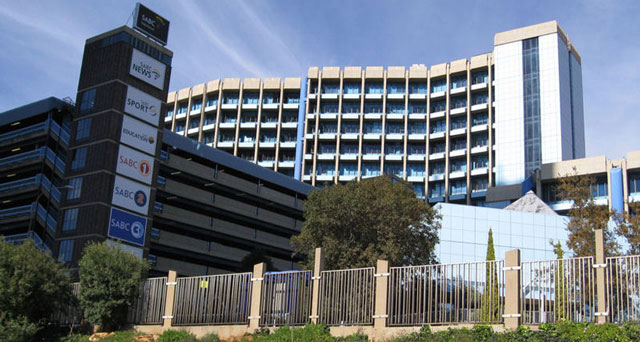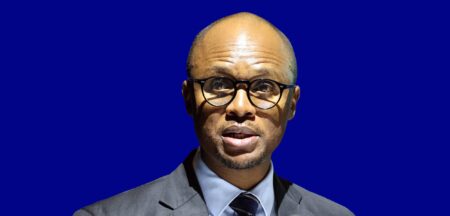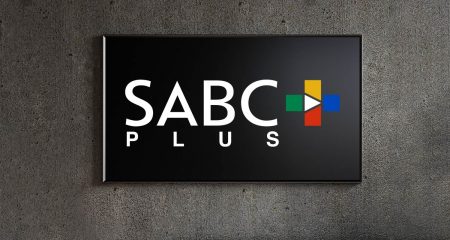
The case of four axed SABC journalists was postponed in the labour court in Johannesburg on Thursday to allow the broadcaster time to file court papers.
Judge Robert Lagrange postponed the matter to 12.30pm on Friday.
“The respondents [SABC] must file any answering affidavits in draft form by 7pm this evening. The applicants must file any reply affidavits in draft form by 10am tomorrow,” he said.
The four journalists — Foeta Krige, Suna Venter, Krivani Pillay and Jacques Steenkamp — want the court to set aside their dismissals and revoke their disciplinary proceedings.
Bantubonke Tokota, for the SABC, told the court earlier that they did not want to waste time and would try their level best to file papers by Thursday evening.
Lagrange told Tokota it was difficult to understand why the SABC had been unavailable to give him instructions on how to proceed.
Solidarity CEO Dirk Hermann said afterwards that the need for a postponement showed that the SABC did not care for processes, and that the SABC’s counsel could not even get hold of management. The trade union is helping the journalists bring the matter to court.
“The moral thing for the SABC would be to say ‘we were wrong’. The fact of the matter is we are going to win this case because we are on the right side of the argument. There is no doubt that their conduct was wrong and unlawful,” Hermann said.
“We want to say thank you to South Africa, the media and civil society that stood up to defend the constitutional principles of South Africa.”
The support for the journalists showed how South Africans could be united, and provided the country with hope.
Seven SABC reporters were fired this week. The eighth person was freelance journalist Vuyo Mvoko, whose contract was terminated.
It emerged on Tuesday that the broadcaster had fired Busisiwe Ntuli, a specialist producer for investigative programme Special Assignment, and Lukhanyo Calata, an SABC journalist in Cape Town.
Economics editor Thandeka Gqubule confirmed later that she had also been sacked.
The Helen Suzman Foundation and the broadcaster reached an agreement on Wednesday. The high court in Pretoria subsequently interdicted the broadcaster from enacting its policy of censoring footage of violent protests.
Communications regulator Icasa ruled on 11 July that the SABC had to withdraw its resolution, announced in May, to ban showing footage of violent protests.
Motsoeneng initially said after the ruling that no one could tell the SABC what to do and that they would challenge Icasa’s decision in court. However, in a surprise turn, Icasa said on Wednesday afternoon that the SABC had agreed to comply with its decision.
Hermann said the interdict and the Icasa ruling would prove that, since the policy was unlawful, so too was the dismissal of reporters.




